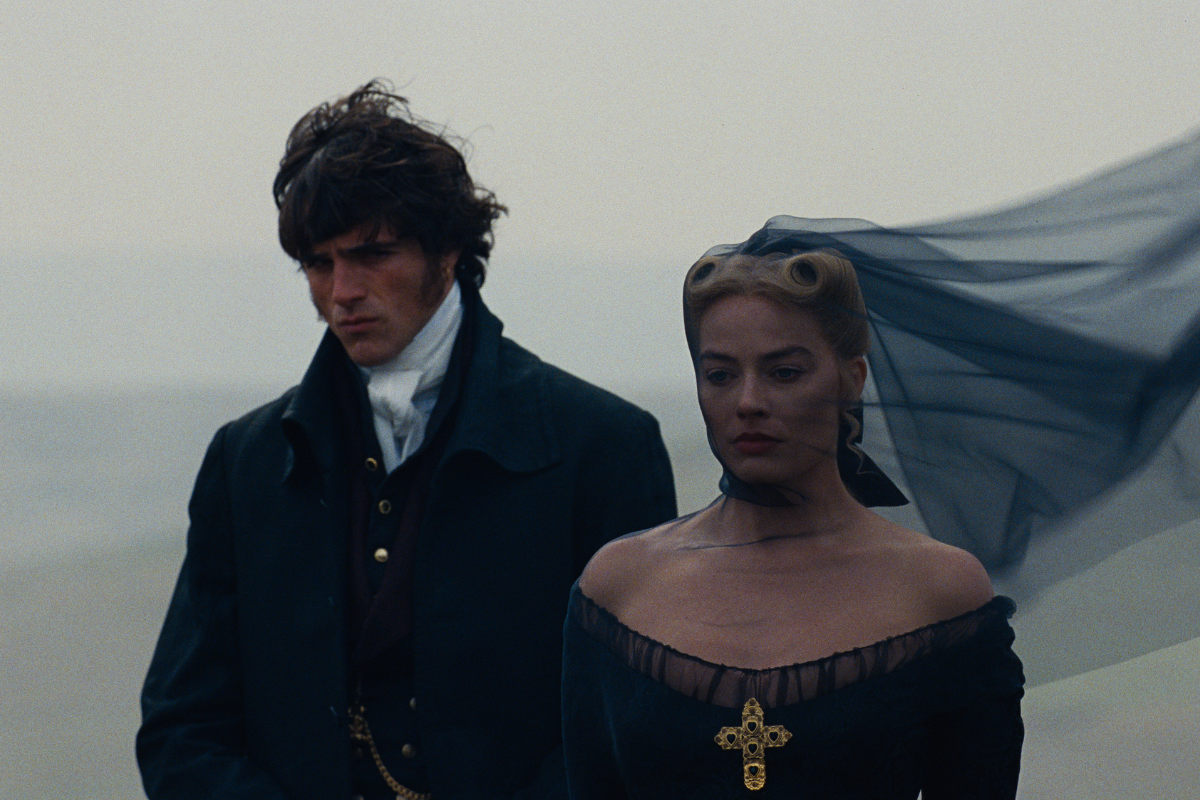Book Review: My Story Can Beat Up Your Story
In My Story Can Beat Up Your Story, Jeffrey Alan Schechter promises “Ten Ways to Toughen Up Your Screenplay From Opening Hook to Knockout Punch.”
In My Story Can Beat Up Your Story, Jeffrey Alan Schechter promises “Ten Ways to Toughen Up Your Screenplay From Opening Hook to Knockout Punch.”
Like the old Arthur Murray dance classes where students would learn by stepping on the cut out footprints on the floor, Schechter simplistically breaks down basic screenplay elements into bite-sized pieces, ending each chapter with an exercise to put what you’ve just learned into practice. He’s smart to drive readers to the book’s website (MSCBUYS.com) by offering them the chapter exercises as free downloadable worksheets.
As the pieces begin to form the big picture, you, as the reader-writer, are taken on a journey unveiling the thought process behind the story structure software, Contour, that Schechter helped develop.
You’re encouraged to consider Schechter’s four key questions and then apply four classic literary archetypes to your own contemplated project. And as you build (or renovate) your three-act structure, he encourages you to populate it with your own unique interpretation and execution of the six supporting characters that will help illustrate the different viewpoints of the thematic argument in play -- especially through character-specific dialogue.
With such a rich canon of screenplay literature, it’s difficult not to step on familiar terminology or territory and come across as derivative, so Schechter saves time by just crediting and starting with Michael Hauge’s great definition of what a story must do: “enable a sympathetic character who overcomes a series of increasingly difficult, seemingly insurmountable obstacles to achieve a compelling desire.” Schechter traces these elements through the most successful, non-sequel movies of all time as examples. This is a great filter to the vast inventory as it focuses on box-office successes that were contingent on original story execution.
The playful “bully” motif and terminology for plot point sequences and page goals were (to me) reminiscent of Blake Snyder’s Save the Cat. The distinction being here, perhaps, that where Snyder focused on commercial genre delineation and overall story beats, Schechter goes into the minute detail of structure to the point where he codifies a series of paired reversals to raise the stakes in the Second Act, which to me, harkened back to Robert McKee’s (positive/negative) unity of opposites.
By interactively reading My Story Can Beat Up Your Story and seriously analyzing your own story idea, you’ll learn Schechter’s reproducible 44 plot-point system and put it into action as you strategize how to most effectively populate your own story and build each beat, scene, and act into an ultimately satisfying story and, ideally, a marketable and producible script.
Heather Hale is a film and television writer, director and producer with over 80 hours of credits. She currently produces Lifestyle Magazine, the #1 life coaching broadcast television talk show. She wrote the $5.5 million dollar Lifetime Original Movie The Courage to Love (2000) which starred Vanessa Williams, Stacy Keach, Gil Bellows and Diahann Carroll. She directed, produced and co-wrote the million dollar thriller Absolute Killers which was distributed theatrically then sold at Walmart and Best Buy.
She has books published by the two major entertainment industry publishers: Story Selling: How to Develop, Market and Pitch Film & TV Projects (2019, Michael Wiese Productions) and How to Work the Film & TV Markets: A Guide for Content Creators (2017, Focal Press/Routledge).
The Independent Film and Television Alliance approved her as a qualified independent producer to pitch projects to NBCUniversal for their annual development fund. As IFTA’s Industry Liaison, Ms. Hale booked all the speakers for the 2013 American Film Market, including their flagship Conference series as well as launching their Producer’s Workshop. Ms. Hale served as the Vice President of Event Programming for NATPE (the National Association of Television Program Executives) for whom she also booked speakers and designed curriculum as well as consulting professionals to polish their pitch packages and sizzle reels to prepare them to pitch their TV concepts at their annual TV markets. She has written many “How to Pitch TV” articles and executive profiles for their membership newsletter and website.
A popular international speaker and in-demand consultant, Ms. Hale has taught custom pitching workshops to ABC/Disney Drama Executives, a weeklong screenwriting retreat in Australia (integrated with concurrent directing and acting programs). She teaches webinars and online classes for the Writers Store, Screenwriters University and Stage 32. She is a member of The Academy of Television Arts and Sciences (The “TV Academy,” the entity that awards the Emmys) and ShowBiz Mensans.







